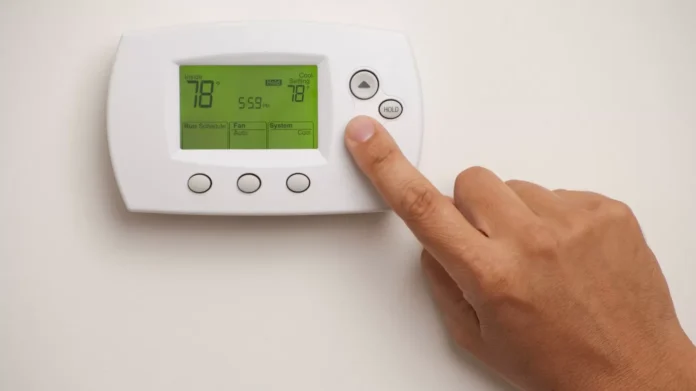The Trump administration is currently considering the elimination of a crucial program that helps low-income families heat and cool their homes. The Low Income Home Energy Assistance Program (LIHEAP) has been a lifeline for many struggling Americans, providing them with much-needed support to keep their homes warm in the winter and cool in the summer. However, a draft budget request document reviewed by The Hill reveals that the program may not receive any funding at all in the upcoming federal budget.
This news has sparked concern and outrage among many, as the program has been a vital source of assistance for millions of low-income households across the country. LIHEAP was created in 1981 to help low-income families afford their energy bills, and it has been a crucial safety net for those who are most vulnerable. The program has provided assistance to over 6 million households each year, with an average benefit of $400 per household. Without this support, many families would struggle to keep their homes warm during the harsh winter months or cool during scorching summers.
The proposed elimination of LIHEAP is a cause for great concern, as it would have a devastating impact on low-income families. Many of these families already struggle to make ends meet, and the loss of this program would only add to their financial burden. Without LIHEAP, they would have to make difficult choices between paying for their energy bills or other essential expenses such as food, healthcare, and education. This could push them further into poverty and jeopardize their well-being.
Moreover, the elimination of LIHEAP would also have a ripple effect on the economy. The program not only helps families but also provides a boost to local economies. The funds received through LIHEAP are often spent on goods and services within the community, supporting small businesses and creating jobs. By cutting this program, the Trump administration would not only be hurting low-income families but also hindering economic growth.
Furthermore, the elimination of LIHEAP goes against the values of a nation that prides itself on taking care of its most vulnerable citizens. The program has been a symbol of compassion and support for those in need, and its removal would send a message of indifference and neglect. It is our responsibility as a society to ensure that all individuals have access to basic necessities, and LIHEAP has been a crucial part of fulfilling that responsibility.
In addition, the timing of this proposed elimination is particularly concerning. As the nation continues to battle the COVID-19 pandemic, many families are facing financial hardship and struggling to make ends meet. The loss of LIHEAP would only add to their burden and make it even more challenging for them to recover from the impacts of the pandemic. This is not the time to cut vital programs that provide essential support to those in need.
It is essential to remember that the beneficiaries of LIHEAP are not just numbers on a budget sheet. They are real people, struggling to make ends meet and provide for their families. They are children, the elderly, and individuals with disabilities who rely on this program to keep their homes safe and comfortable. The elimination of LIHEAP would have a profound impact on their lives, and it is our duty to stand up for them and protect their well-being.
In conclusion, the Trump administration’s consideration of eliminating LIHEAP is a cause for great concern. This program has been a vital source of assistance for low-income families for decades, and its removal would have a devastating impact on their lives. It is our responsibility as a society to ensure that all individuals have access to basic necessities, and LIHEAP plays a crucial role in fulfilling that responsibility. I urge the administration to reconsider this proposal and continue to support this essential program that has helped millions of Americans in their time of need. Let us come together and ensure that no one is left behind, especially during these challenging times.

